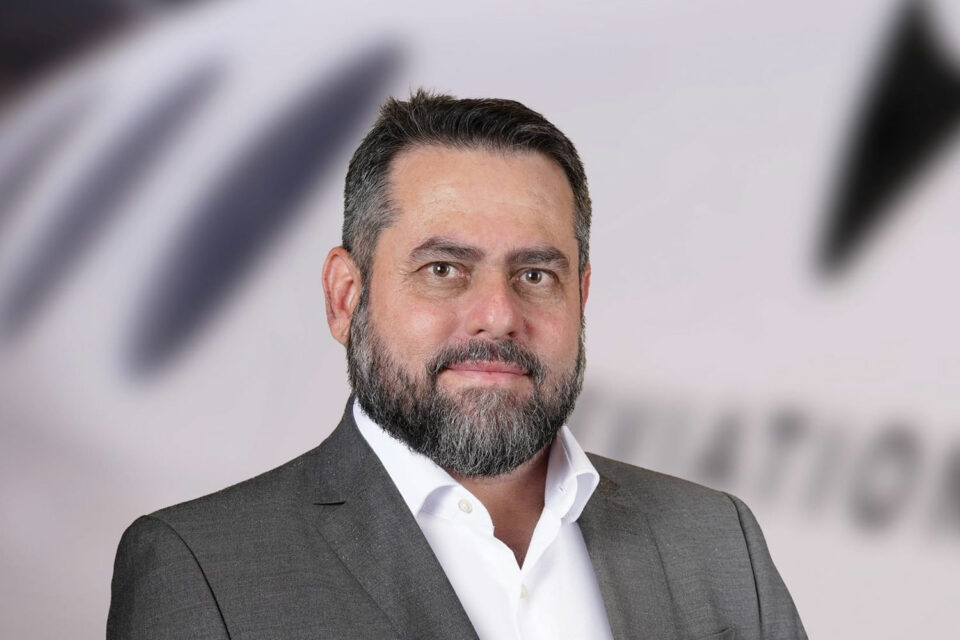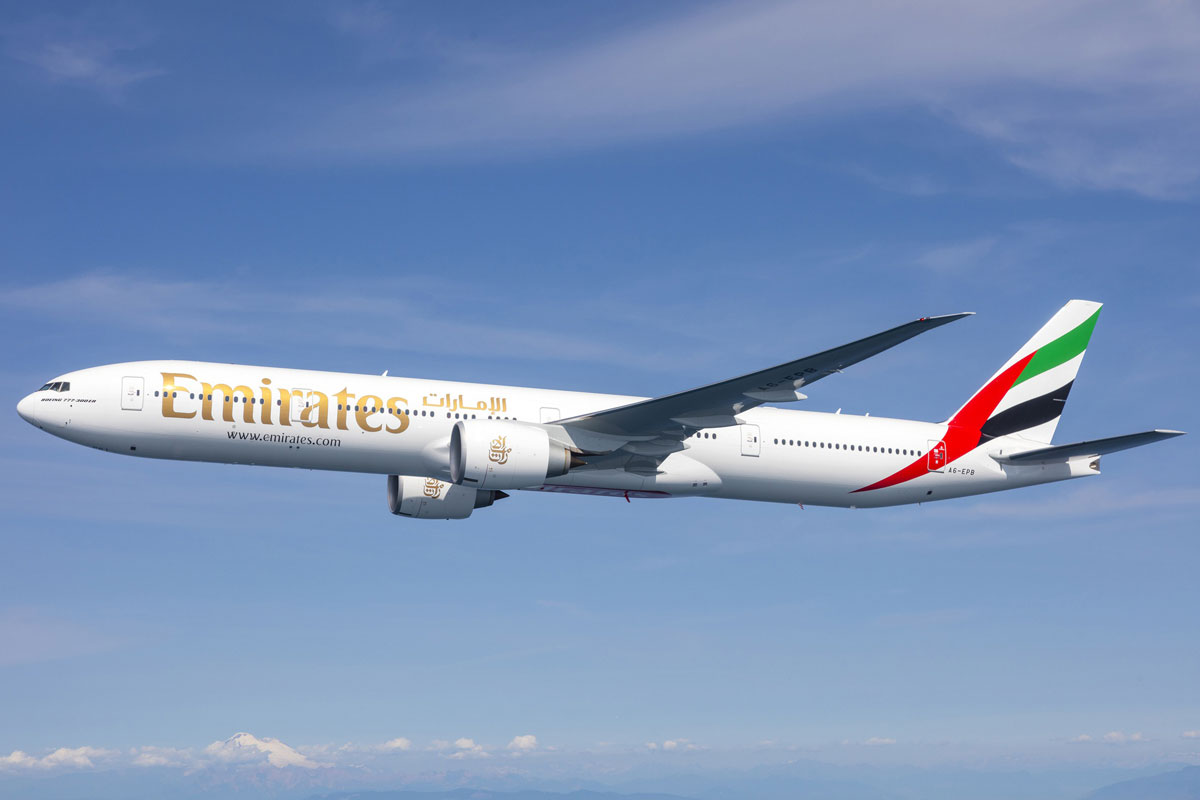Eviation, a startup founded by Israeli entrepreneurs to launch a 100% electric aircraft for up to nine passengers, has laid off most of its employees and nearly halted all of its operations, The Air Current reported.
The cost cuts were confirmed by the company’s CEO, Andre Stein, in a statement sent to the outlet. He called the decision tough but necessary so that the company can focus on identifying the right opportunities.
Also according to the CEO, Eviation will work with its customers, suppliers and the rest of the staff to minimize disruptions, denying that the Alice electric plane project has been suspended.
Follow us: WhatsApp | BlueSky | Google News | Instagram | LinkedIn | Facebook

Project has been troubled since its launch 10 years ago
The project for the first electric plane developed from scratch to fly has been in turmoil since it was launched in 2015.
Partners Omer Bar-Yohay, Omri Regev and Aviv Tzidon sold control of Eviation to Singapore’s Clermont Group in 2019, which was later joined by MagniX, the company that supplies the electric motors.
At the time, the original design, which called for a plane with conventional landing gear, was replaced by a tricycle T-tail configuration.
The first prototype, however, was lost in a fire in 2020.

In February 2022, Omer Bar-Yohay announced his departure from the company after disagreements with other shareholders. A month earlier, Eviation had lost its CEO, Roei Ganzarski.
After ground tests at Arlington Municipal Airport, Alice was flown to Moses Lake, where it completed its maiden flight in September 2022.
New CEO
In January 2024, Eviation brought in Andre Stein, one of the founders of Eve Air Mobility, originally an Urban Air Mobility startup from Embraer, to take over as its new CEO.

Three months later, the company unveiled a new design for Alice, with a more robust fuselage, larger wings, a new tail, and larger battery compartments.
At the time, the company revealed plans to deliver the first aircraft in 2027. Customers include DHL, which expressed interest in the cargo version, and UrbanLink Air Mobility, which signed a Letter of Intent (LoI) for 20 aircraft last October.
Alice’s struggle to survive comes amid several startups involved in electric aircraft that are struggling in a market that is still poorly structured and still requires appropriate infrastructure and regulation.





